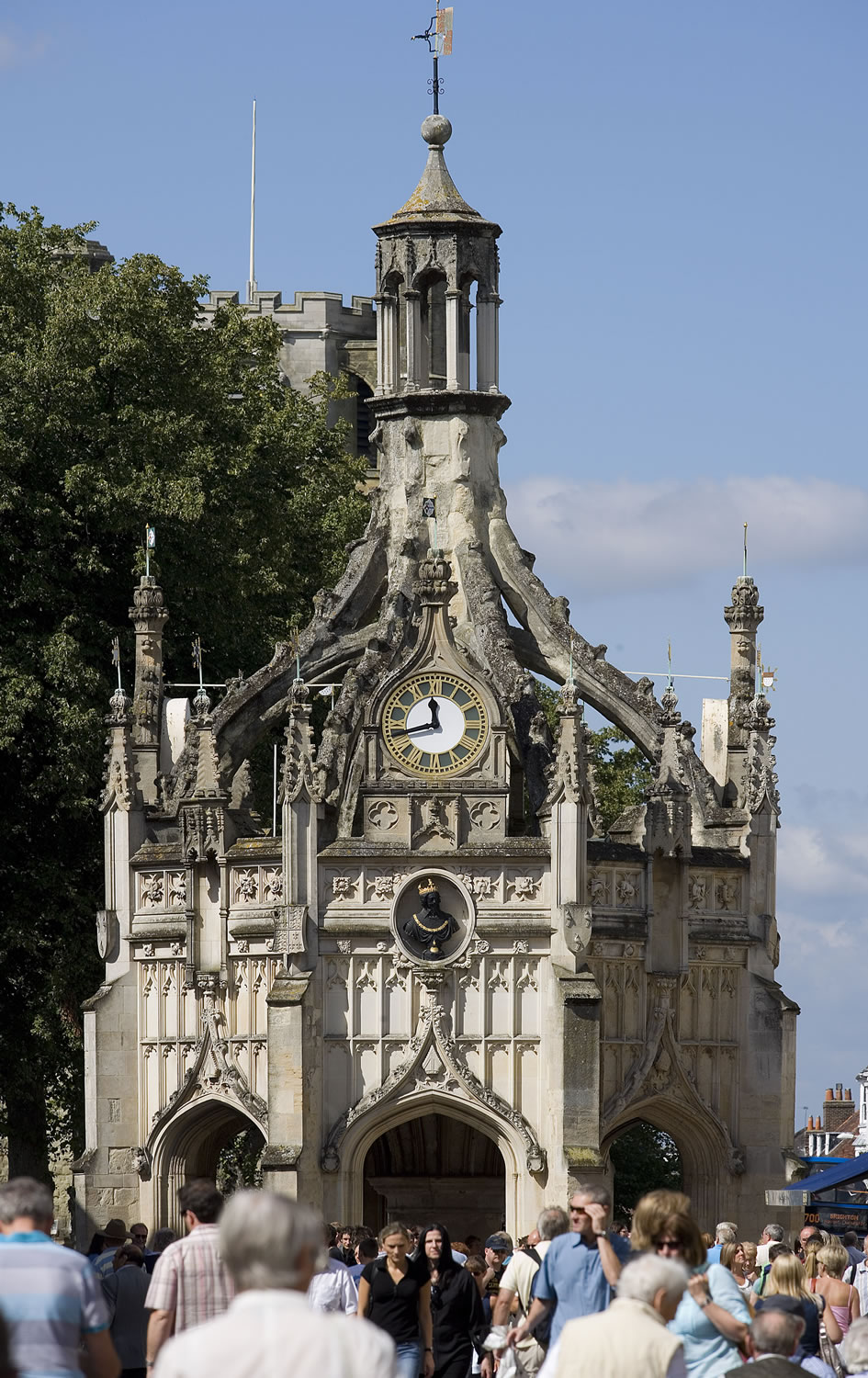An increasing number of families across the country are facing the prospect of significant Inheritance Tax (IHT) bills. Chichester is at the forefront of this mounting problem as asset rich, cash poor (relatively) families fail to make use of strategies to mitigate the impact of IHT.
Whilst many over 50s will be counting the benefit of decades of property price increases, the result is that it leaves the majority of the family assets tied up in bricks and mortar. For some, it may be the first time a generation has been able to leave their heirs with anything akin to a significant estate, but the impact of inheritance tax will quickly reduce the final value. With the choice being sale of the family home to release capital or stay put, increasing numbers are reluctant to part with the property asset. With some of the highest average property prices in the country, families in the Chichester district are most at risk of the mounting problem of IHT.
Utilising annual gifting allowances
In addition to the issue of IHT on property assets, data shows that the number of people utilising gifting allowances – which enable the transfer of capital to offspring – is stagnant. This finding suggests one of four deeper concerns:
- That the majority of the estate is in assets and not in capital
- People are not aware of allowances or are not proactively thinking about creating a tax efficient estate
- Hard earned capital is being sat on as a result of fear of giving it away or for another, currently unknown, future need
- It is the problem of the heir/beneficiary
It is highly unlikely that it is as a result of a blinkered perspective on tax, so it is most likely one of the other three reasons – broadly summarised as inertia.
Rising cost of care
Regularly hitting the news, the rising cost of care may be an underlying concern for those currently sat on significant property assets. With varied understanding of the thresholds for care funding, it may be that people continue to sit on their property assets or capital because they fear the proceeds from a sale will result in them having to pay for their own care. Equally, they may believe they will need significant funds available to pay for private care in future years and therefore choose to hold on to capital.
Whilst a lack of liquid capital and government rules on sale of the family home to fund care may mean they do qualify for means tested care, the decision may come down to the lesser of two perceived evils – sell now and pay for your own care or don’t sell and leave your offspring with an inheritance tax bill.
We always recommend to clients that they seek qualified assistance in drawing up tax efficient wills or seeking financial advice regarding the allowances for gifting and transfer of assets. If you would like an introduction to a suitably qualified advisor, please contact the office. Evans Weir does not provide inheritance tax advice.
